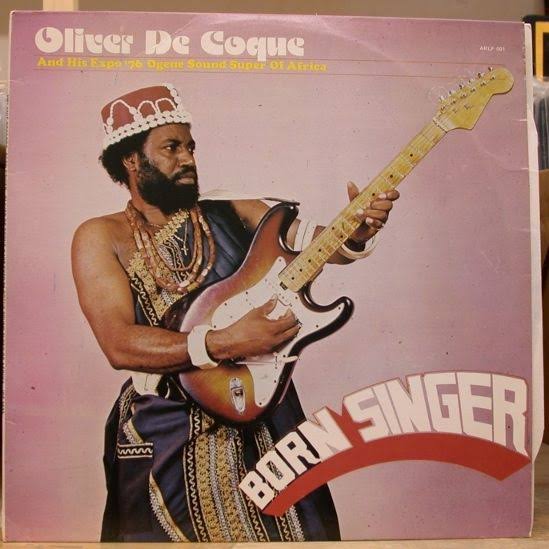From Gold Coast to Ghana: Significance, Gold Rush History, and Cocoa Industry Exploration
The name change from the “Gold Coast” to “Ghana” represents a significant chapter in the history of the West African nation, reflecting its journey from colonial rule to independence. Here’s an overview of this historical transformation:
Colonial Era:
- The Gold Coast was the name given to the region by early European traders due to its abundant gold resources. The Portuguese were among the first Europeans to explore the area in the late 15th century.
- Subsequent European powers, including the Dutch and the British, established forts and trading posts along the coast, engaging in trade, including the transatlantic slave trade.
Independence Movement:
- The mid-20th century witnessed a wave of movements across Africa advocating for independence from colonial rule. Ghana played a pioneering role in this struggle for self-determination.
- Kwame Nkrumah emerged as a prominent leader and advocate for independence. He led the Convention People’s Party (CPP) and played a crucial role in galvanizing support for the independence cause.
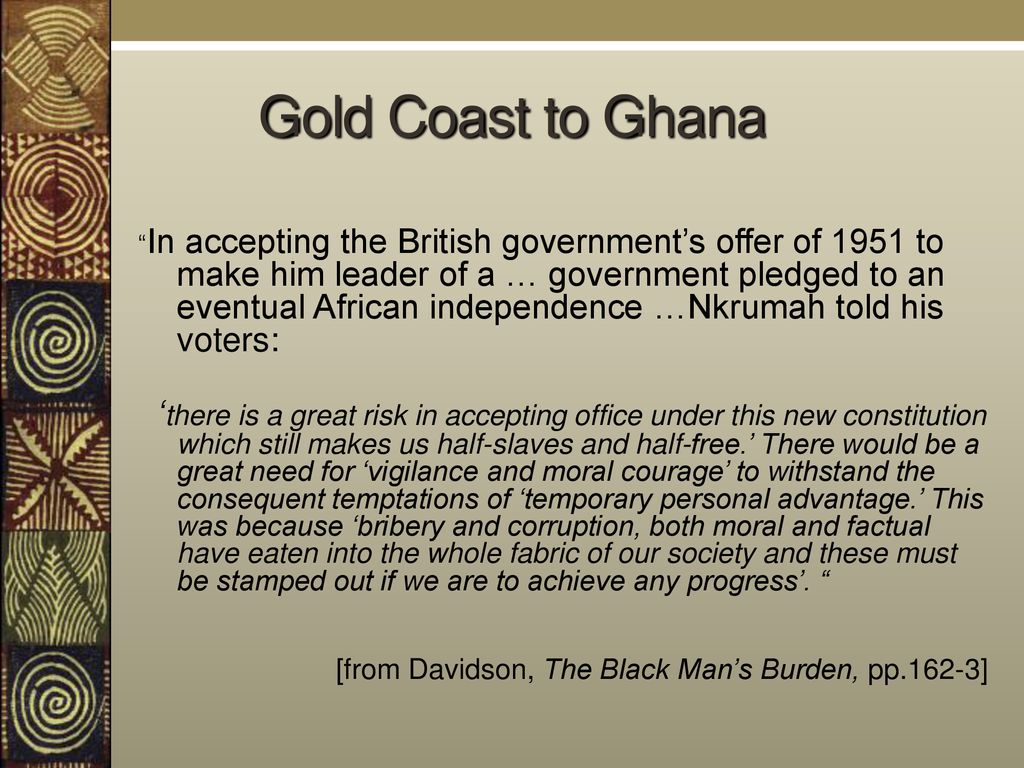
Path to Independence:
- On March 6, 1957, the Gold Coast gained independence from British colonial rule. This momentous occasion marked the end of the Gold Coast era and the beginning of a new chapter for the nation.
- Kwame Nkrumah became the first Prime Minister and later the first President of the newly independent nation.
Symbolic Name Change:
- The name “Ghana” was chosen as a symbol of pride and identity, drawing inspiration from the ancient Ghana Empire that existed in West Africa around 800–1100 AD.
- The new name represented a break from the colonial past and signified a return to the nation’s roots and historical legacy.
Pan-Africanism and Nkrumah’s Vision:
- Kwame Nkrumah was a staunch advocate of Pan-Africanism, emphasizing the unity and solidarity of African nations. The name “Ghana” echoed this vision, aligning with the idea of a united and self-reliant Africa.
- Nkrumah believed in the potential for African nations to prosper and develop when free from colonial influences.
Legacy:
- The change of name from the Gold Coast to Ghana is a symbol of sovereignty, self-determination, and the rejection of colonial nomenclature.
- Ghana’s successful pursuit of independence and its role in the Pan-African movement contributed to the momentum of decolonization across the continent.
Continued Significance:
- Today, Ghana stands as a beacon of independence and stability in West Africa. The name “Ghana” resonates not only with the nation’s historical struggle for freedom but also with its commitment to democracy, economic development, and regional cooperation.
The transition from the Gold Coast to Ghana encapsulates the broader narrative of Africa’s journey towards independence and the reclamation of its history, culture, and identity. The name “Ghana” remains a symbol of the nation’s resilience, determination, and commitment to charting its own course in the global community.
Ghana’s Gold Rush: A Glimpse into History and the Modern Gold Industry
Historical Overview:
Ghana’s association with gold dates back centuries, earning it the nickname “The Gold Coast.” The region was home to several powerful pre-colonial empires, including the Ashanti and Fante, who engaged in gold mining and trade. Gold played a central role in the economic and cultural life of these societies.
The arrival of Europeans on the Gold Coast marked a significant turning point. Portuguese traders were among the first to explore the region in the late 15th century, and subsequent European powers, including the Dutch and British, established trading posts and forts. These colonial powers exploited Ghana’s gold resources, contributing to the transatlantic slave trade.
In the 19th century, the Gold Coast became a hub for gold mining operations, with both European and indigenous miners participating. The British formalized control over the territory, and the Gold Coast gained independence in 1957, becoming Ghana.
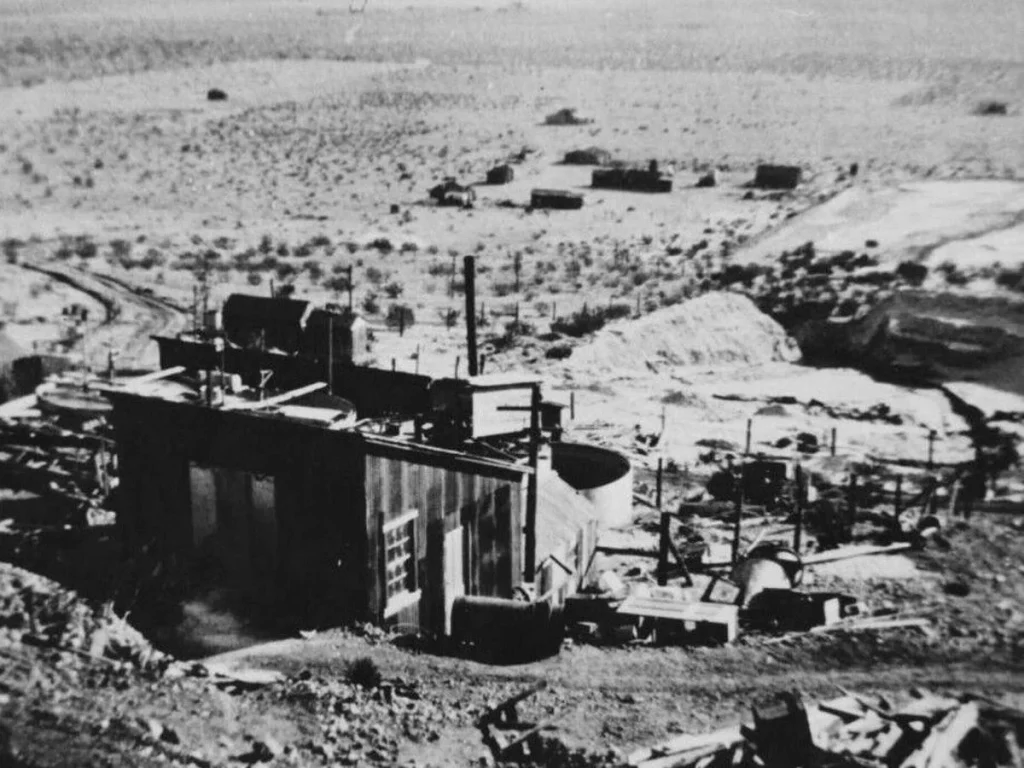
Key Moments in Ghana’s Gold History:
- Tetteh Quarshie’s Cocoa Revolution (Late 19th Century): While gold dominated the early economy, the late 19th century saw the introduction of cocoa by Tetteh Quarshie. Cocoa eventually rivaled gold as a crucial export, diversifying Ghana’s economy.
- Post-Independence Developments (1957 Onward): After gaining independence, Ghana continued to play a significant role in the global gold market. The country faced economic challenges, including fluctuations in global gold prices, but gold remained a vital contributor to foreign exchange earnings.
- Mining Sector Liberalization (1980s): Ghana underwent economic reforms in the 1980s, including the liberalization of the mining sector. This led to an influx of foreign investment and the participation of multinational mining companies in Ghana’s gold industry.
- Modern Gold Industry (21st Century): Ghana is currently one of the leading gold producers globally, contributing significantly to the country’s export revenue. The mining sector has experienced growth, attracting investment from major players in the industry.
Ghana’s Contemporary Gold Industry:
- Major Gold Mines: Ghana hosts several major gold mines, including:
- Tarkwa Gold Mine: Operated by Gold Fields, it is one of the largest gold mines in Ghana.
- Obuasi Gold Mine: Previously operated by AngloGold Ashanti, it is undergoing redevelopment.
- Ahafo Gold Mine: Operated by Newmont, it is located in the Brong-Ahafo Region.
- Contribution to Economy: Gold remains a critical contributor to Ghana’s economy. The revenue generated from gold exports contributes to government revenue, foreign exchange earnings, and employment opportunities.
- Challenges and Regulations: The industry faces challenges, including environmental concerns, community relations, and the need for sustainable mining practices. The government has implemented regulations and initiatives to address these issues and promote responsible mining.
- Corporate Social Responsibility (CSR): Mining companies in Ghana engage in various CSR initiatives, including community development projects, education, and health programs, contributing to the well-being of local communities.
- Technology and Innovation: The industry embraces technological advancements for efficient and environmentally responsible mining practices. This includes the use of modern equipment, exploration techniques, and sustainable mining technologies.
- Gold Price Dynamics: Ghana’s gold industry is influenced by global gold prices. Fluctuations in the international market impact the profitability of mining operations and government revenue.

Sustainability and the Future:
- Green Mining Initiatives: Ghana is exploring green and sustainable mining practices to mitigate environmental impacts and promote long-term sustainability.
- Diversification: While gold remains a cornerstone, Ghana aims to diversify its mineral resources and attract investment in other sectors of the mining industry.
- Community Engagement: Continued efforts in community engagement, environmental stewardship, and responsible mining practices are crucial for the industry’s sustainable growth.
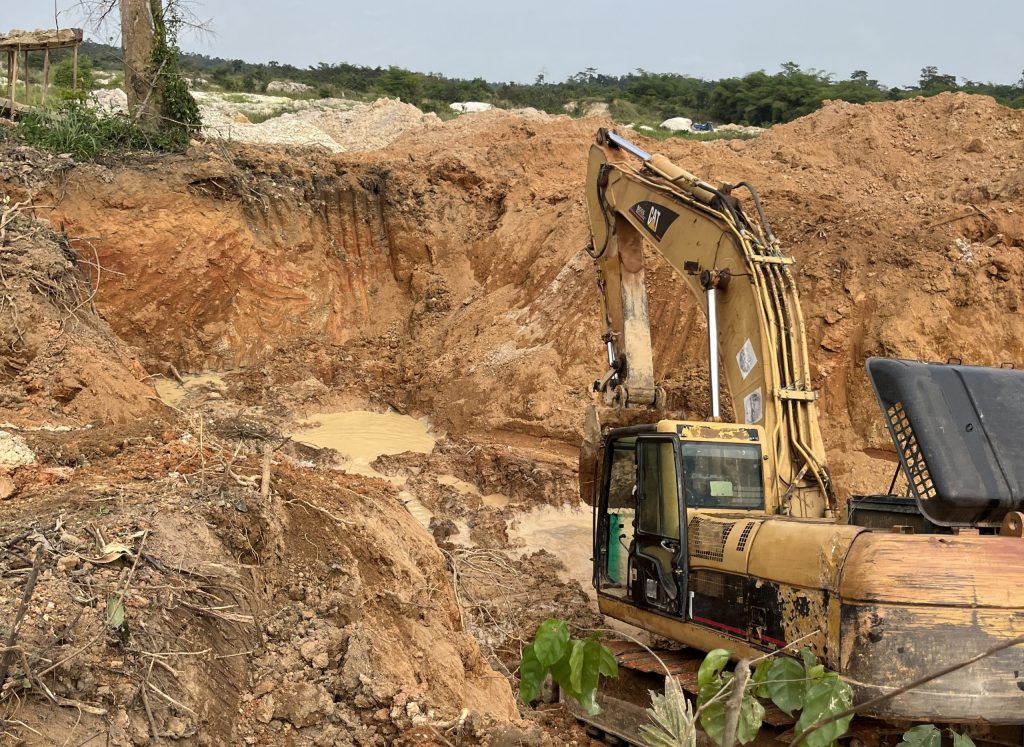
Ghana’s gold industry, with its rich history and contemporary significance, reflects the nation’s enduring connection to this precious metal. As the country navigates the complexities of a globalized mining sector, the emphasis on responsible and sustainable practices underscores the commitment to the well-being of both the environment and local communities.
Explore Cocoa in Ghana: The Heart of the Chocolate Industry
Origin:
Cocoa, the primary ingredient in chocolate, has deep roots in Ghana’s history and economy. The cultivation of cocoa in Ghana dates back to the late 19th century, with the introduction of cocoa plants by Tetteh Quarshie, a Ghanaian blacksmith, in 1879. Quarshie brought cocoa beans from Fernando Po (now Bioko in Equatorial Guinea) and planted them in the Akwapim region.
The successful cultivation of these initial cocoa plants laid the foundation for Ghana’s emergence as a major player in the global cocoa industry. Today, Ghana is one of the world’s leading cocoa producers, renowned for the quality of its cocoa beans.
Commercial Scale:
Cocoa production in Ghana has evolved from its modest beginnings to a commercial-scale industry that significantly contributes to the country’s economy. The commercial cultivation of cocoa gained momentum during the colonial era, with the British actively promoting its cultivation as a cash crop.
Ghana’s cocoa industry experienced notable growth, and by the mid-20th century, the country had firmly established itself as a major cocoa exporter. The Ghana Cocoa Marketing Board (Cocobod), established in 1947, played a pivotal role in regulating and overseeing the cocoa sector.
Key Details:
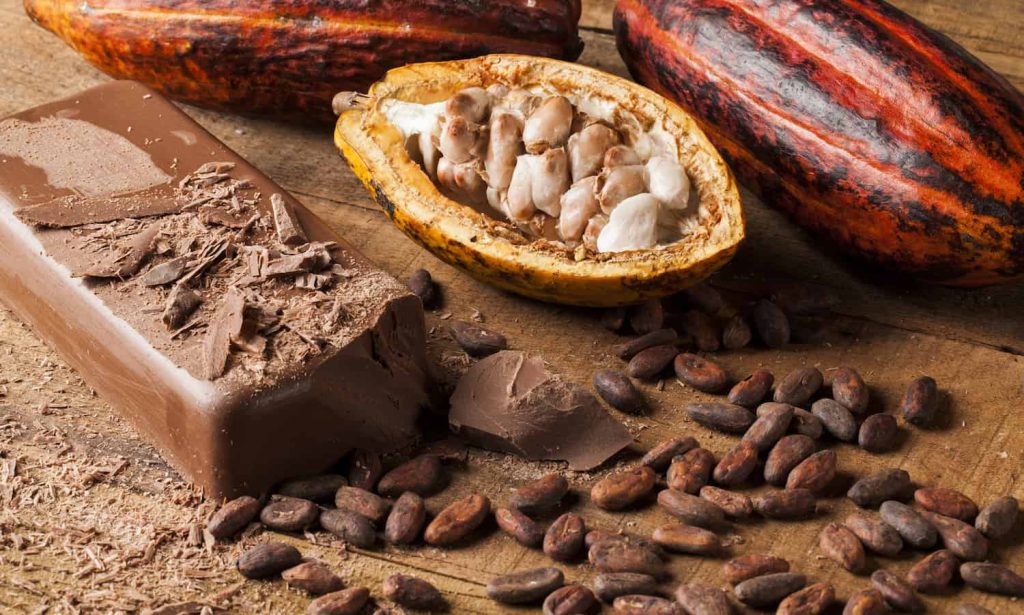
- Geography and Climate: Cocoa thrives in the forested regions of Ghana, where the climate is favorable for its cultivation. The Western, Ashanti, Brong-Ahafo, and Eastern regions are among the major cocoa-producing areas.
- Smallholder Farmers: The majority of cocoa in Ghana is grown by smallholder farmers, often working family-owned farms. These farmers play a crucial role in the production process, and their livelihoods are closely tied to cocoa cultivation.
- Cocoa Types: Ghana primarily produces two main types of cocoa beans: Forastero and Criollo. Forastero beans, known for their robust flavor, constitute the majority of Ghana’s cocoa production.
- Quality Standards: Ghana is renowned for producing high-quality cocoa beans, characterized by their rich flavor profile and aromatic qualities. The country has implemented quality control measures to ensure that its cocoa meets international standards.
- Cocobod: The Ghana Cocoa Marketing Board (Cocobod) is a government institution responsible for regulating and overseeing the cocoa sector. Cocobod plays a central role in purchasing, marketing, and exportation of cocoa.
- Global Impact: Ghana is consistently ranked as one of the top cocoa-producing countries globally. The country’s cocoa beans are sought after by chocolate manufacturers for their unique flavor, and Ghana’s cocoa industry significantly contributes to the global chocolate supply chain.
Challenges and Sustainability:
- Price Volatility: Cocoa prices are subject to fluctuations in the global market, impacting the income of cocoa farmers. Efforts are ongoing to address price volatility and ensure fair compensation for farmers.
- Child Labor Concerns: The cocoa industry has faced challenges related to child labor in some cocoa-producing regions. Ghana, along with international organizations and stakeholders, has been working to address and eradicate child labor in the industry.
- Sustainable Practices: There is a growing emphasis on promoting sustainable cocoa production through initiatives such as certification programs and agroforestry practices. These efforts aim to ensure environmental conservation and improve the livelihoods of cocoa farmers.
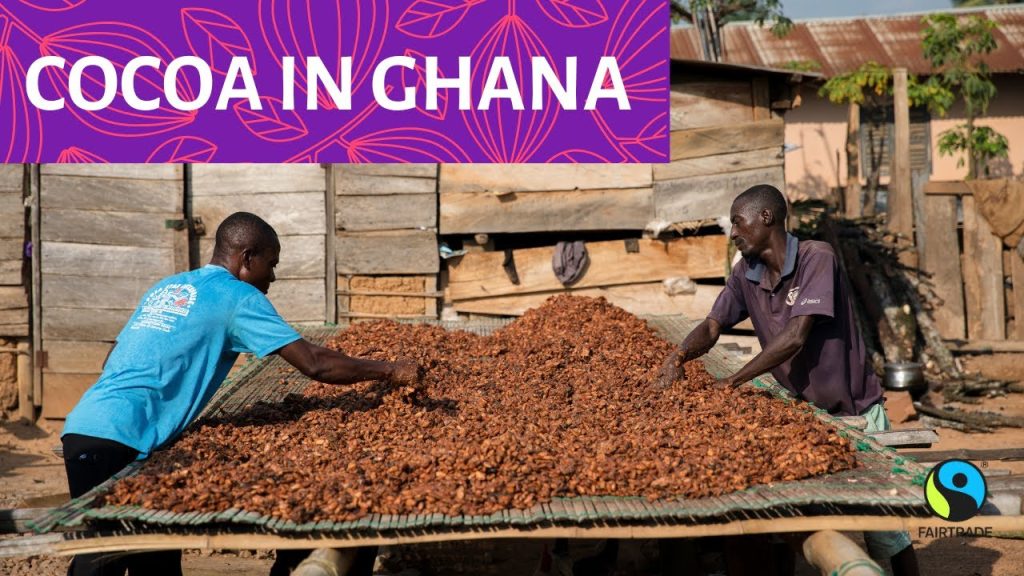
Cocoa remains a cornerstone of Ghana’s agricultural sector and a vital component of the global chocolate industry. The country’s rich history, coupled with ongoing efforts to address challenges and promote sustainability, underscores the importance of cocoa in Ghana’s economic and cultural landscape.
Also Read on Luxury and Ghanaian Hospitality: Mövenpick, Villa Monticello, and Kempinski in Accra
